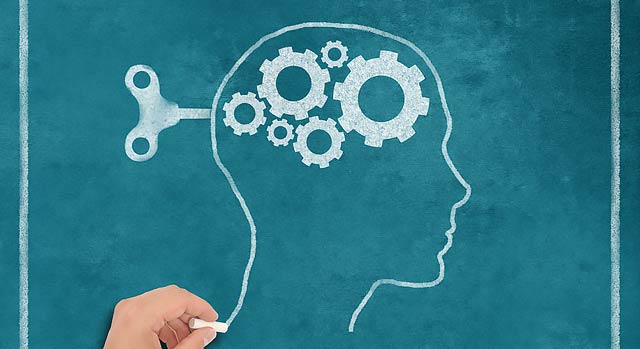Treating Mental Illness
Adults ages 18 and older, who need inpatient treatment for a variety of mental health issues, can get the care they need at the Behavioral Health Unit at Valley Hospital Medical Center.
We treat some of the most common mental illnesses, such as depression, bipolar disorder and schizophrenia. We work collaboratively with emergency departments throughout the community to help people who require inpatient admission.
The goal of the Behavioral Health Unit is to help patients learn appropriate and safe coping skills to manage themselves and others within the community. It also helps patients replace socially unacceptable behaviors with ones that help them interact with others more successfully.
Patients must receive medical clearance from an emergency department in order to be admitted to the Behavioral Health Unit.
Your behavioral care team
The treatment team in the unit includes psychiatrists, nurses, social workers, activity therapists and mental health technicians. Treatment focuses on developing customized interdisciplinary plans for each patient. Each plan considers the patient’s therapeutic, medical, physical, recreational, social, emotional and cultural needs.
After developing a plan, the team and the patient monitor progress toward their goals, and incorporate any changes that may arise.
An attending physician will evaluate each patient's need for medication, and will discuss medications with the patient and appropriate family members before treatment begins. Physicians and the nursing staff will collect information as treatment continues.
Group therapy and family therapy
In addition to medication therapy, patients are encouraged to participate in individual, group and family therapy. Individual therapy allows patients to work on specific issues to further enhance their progress toward their treatment goals.
Group therapy encourages social interaction with peers while patients discuss specific treatment issues. Family therapy incorporates the family’s needs, and its ability to support the patient’s needs after discharge.
As patients meet the goals and objectives of their treatment plans, they will begin to prepare to leave the unit. Patients are expected to fully participate in program activities until the day of their discharge. Prior to discharge, the patient, therapist and family will formulate an after-care plan to ensure ongoing treatment.

